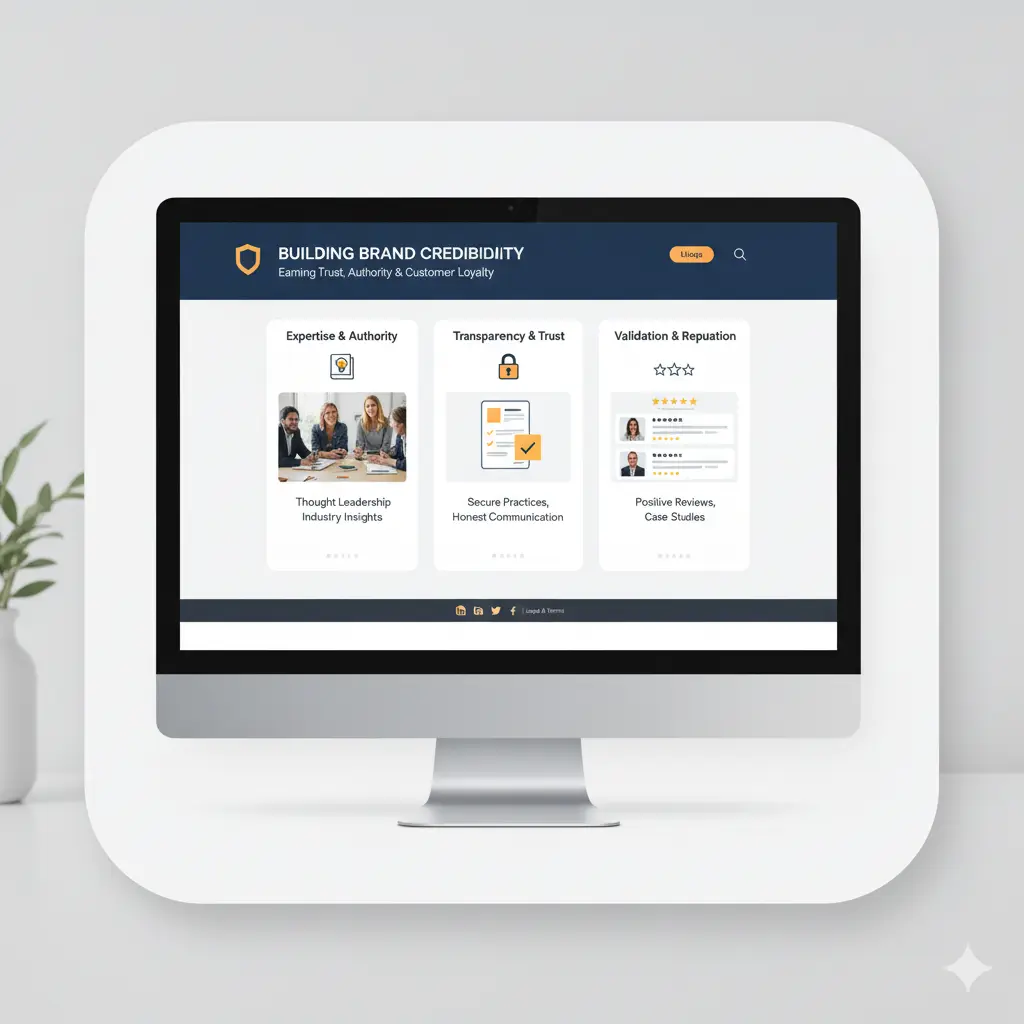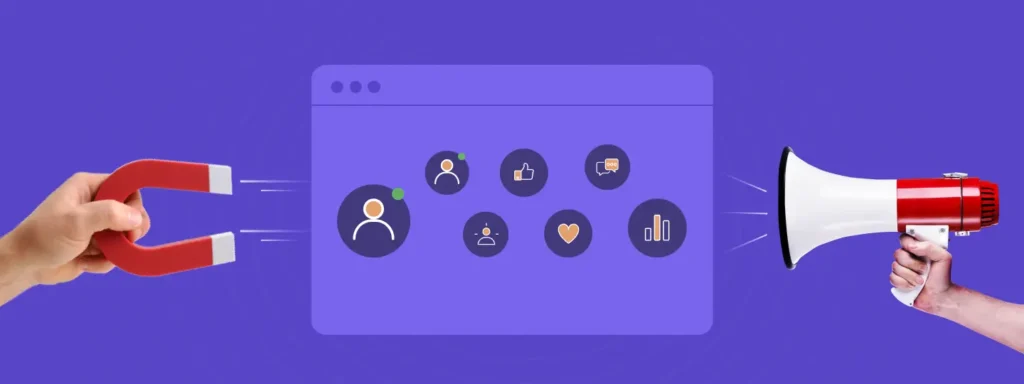
How Digital Marketing Can Be a Game-Changer for Your Business
Introduction
Digital marketing is a powerful tool for business growth and expansion. Unlike traditional methods, it allows businesses to connect with a global audience, target specific customers, and measure results with incredible precision. This makes it a cost-effective and highly strategic way to build your brand and increase sales.

Reaching a Wider and More Targeted Audience
One of the significant advantages of digital marketing is its ability to reach people worldwide. Instead of broad, expensive TV or print ads, you can use online platforms to target a specific audience based on their interests, demographics, and online behavior.
Digital marketing lets you go beyond local limits. Instead of hoping a broad ad reaches the right people, you can use data to find your ideal customers anywhere in the world.
This means you’re not just casting a wide net; you’re using a precise digital spotlight. By targeting based on interests, demographics, and online behavior, your marketing budget works smarter. You connect with people who are actually interested in your product, leading to better results and a stronger business.

Building Your Brand and Gaining Credibility
A strong online presence builds trust and credibility. Through a well-maintained website, active social media profiles, and valuable content (like your blog!), you can establish your brand as an authority in your industry. When people see that you consistently provide useful information and engage with your community, they are more likely to trust you and choose your business over competitors.
Content Marketing: Creating blog posts, videos, or infographics that answer your audience’s questions positions you as a helpful expert.
Social Proof: Sharing customer reviews, testimonials, or user-generated content on social media shows real people love your brand.

Boosting Customer Engagement and Loyalty
Digital marketing is a two-way street. It allows you to interact directly with your customers, fostering a sense of community and loyalty. You can respond to comments, run polls, and get immediate feedback. This constant engagement makes customers feel valued and heard. Email marketing is also a great way to nurture relationships, keeping your business top-of-mind with personalized offers and updates.
Use social media groups (like a private Facebook group) or forums to create a space where customers can interact with each other and your brand. This builds a strong sense of belonging.

Making Data-Driven Decisions
Traditional marketing can be difficult to measure. With digital marketing, every action can be tracked. You can see how many people clicked on an ad, visited your website, or made a purchase. This data is invaluable because it tells you exactly what’s working and what’s not. You can then optimize your campaigns to get the best possible return on investment (ROI). This ability to analyze and adapt is key to continuous growth.
To truly leverage your data, you must know what questions to ask:
What channels are bringing in the best customers? Instead of just looking at total website traffic, analyze where that traffic comes from (social media, search engines, email) and which source leads to the most sales or sign-ups. This helps you allocate your budget to the most effective channels.
What content is most valuable to your audience? Look at metrics like “time on page” or “pages per session.” If a blog post has a long “time on page” and a low “bounce rate,” it means people are engaged. You can then create more content on similar topics.
Where are potential customers dropping off? Use analytics to follow a user’s journey. If many people are adding an item to their cart but not completing the purchase, you know there might be an issue with the checkout process. This insight allows you to fix a specific problem and recover lost sales.
What keywords are driving conversions? Don’t just track the keywords that bring the most traffic. Focus on the ones that actually lead to a business outcome, like a form submission or a phone call.
This is how you refine your SEO strategy for real results.
By shifting your mindset from guesswork to a culture of curiosity, you can continuously test, measure, and refine your digital marketing strategies. It’s about letting the numbers guide your next move and building a strategy based on evidence, not intuition.
Conclusion
In today’s competitive landscape, digital marketing is no longer optional—it’s essential. By strategically leveraging online channels, businesses of all sizes can not only survive but truly thrive, reaching new customers, building lasting relationships, and making informed decisions that drive sustainable growth and expansion.